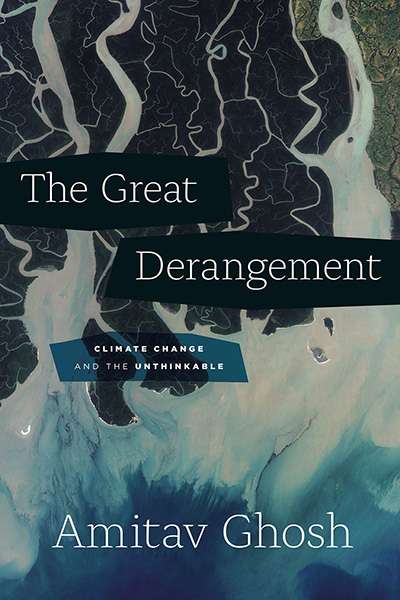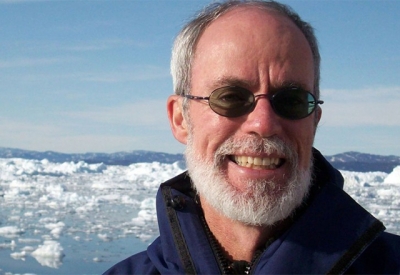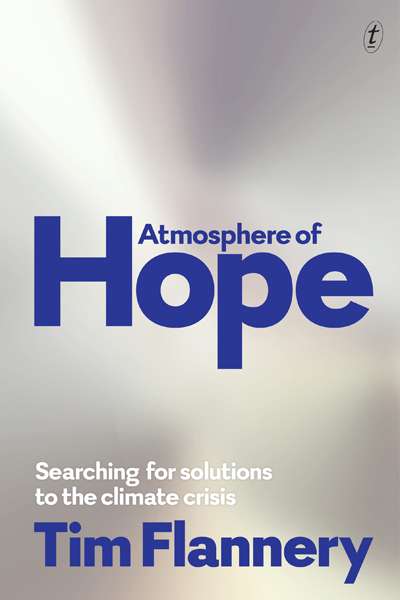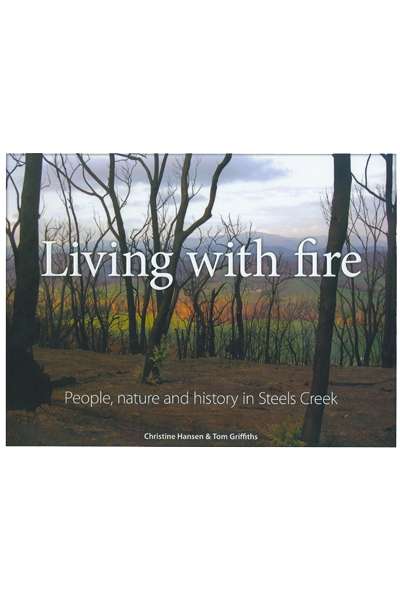Tom Griffiths
The Great Derangement: Climate change and the unthinkable by Amitav Ghosh
In late March, one of our larger Porter Prize audiences gathered at Collected Works Bookshop for readings of the seven shortlisted poems and the naming of the winner. This year our three judges – Ali Alizadeh, Jill Jones, Felicity Plunkett – split the Prize, as happened in 2011 ...
... (read more)Originally published in German, Albrecht Dümling’s The Vanished Musicians: Jewish refugees in Australia (Peter Lang), a fascinating compendium of Jewish musicians who found refuge in Australia in the 1930s and 1940s, is now available in Australian Diana K. Weekes’s excellent translation ...
... (read more)Australian scholars – at least in my field of history – are very good at reflecting on intellectual traditions. It helps one feel part of a long-term conversation that goes beyond individual reputations or achievements.
... (read more)Jennifer Maiden's The Fox Petition: New Poems (Giramondo) conjures foxes 'whose eyes were ghosts with pity' and foxes of language that transform the world's headlines
... (read more)Atmosphere of Hope: Searching for solutions to the climate crisis by Tim Flannery
To complement the essays, commentaries, reviews, and photographic essay in this issue, we asked a group of leading environmentalists, scientists, commentators, and writers what they regard as the most urgent action needed for environmental reform.
Wayne Bergmann
There is an urgent need for widespread recognition of the interrelationship between the ...
Books of the Year is always one our most popular features. Find out what our 41 contributors liked most this year – and why.
... (read more)I am a ‘Sputnik’, born in the year the Soviet satellite launched the Cold War into space. The launching by the Russians of the first artificial Earth satellite on 4 October 1957 seemed to many in the West a threatening symbol of escalating superpower rivalry. And it did unleash extreme military anxiety and triggered what became known as the Space Race. Twelve years later, in the mid-winter of 1969, I remember waking up just before midnight to watch on television as a Saturn V US rocket, wreathed in smoke and flame, inched its way off the ground at Cape Canaveral. It powered mightily against the pull of gravity and triumphed. It was beginning its journey out of Earth’s atmosphere towards the Moon.
... (read more)



